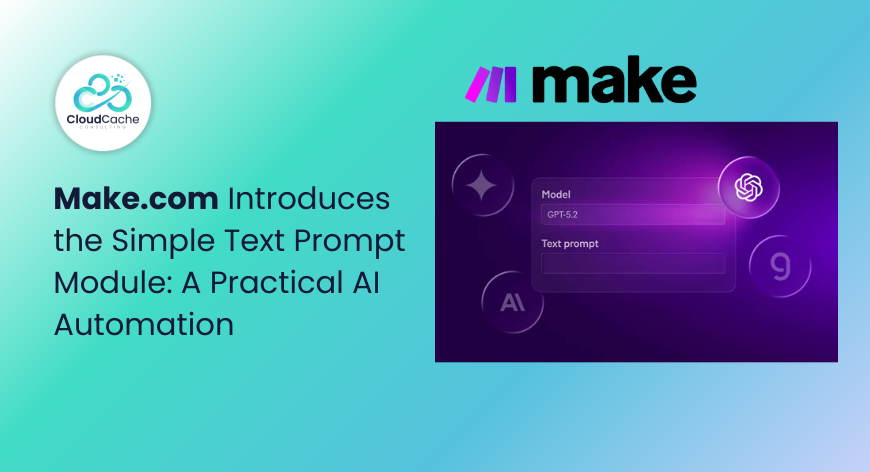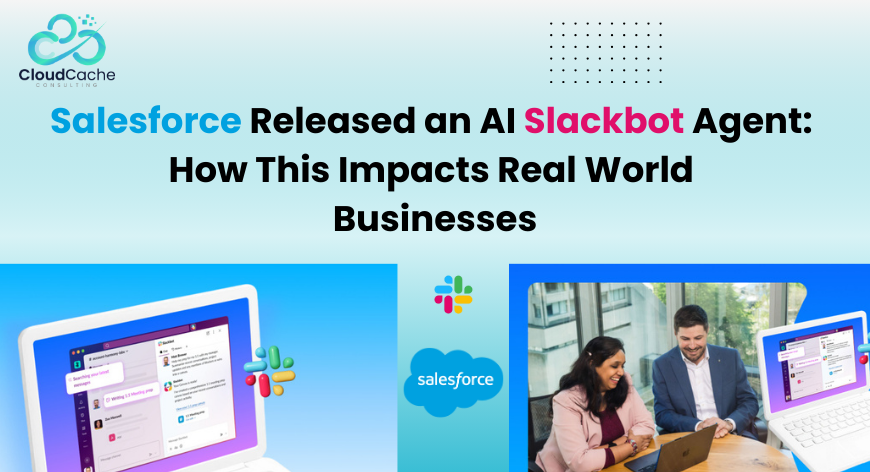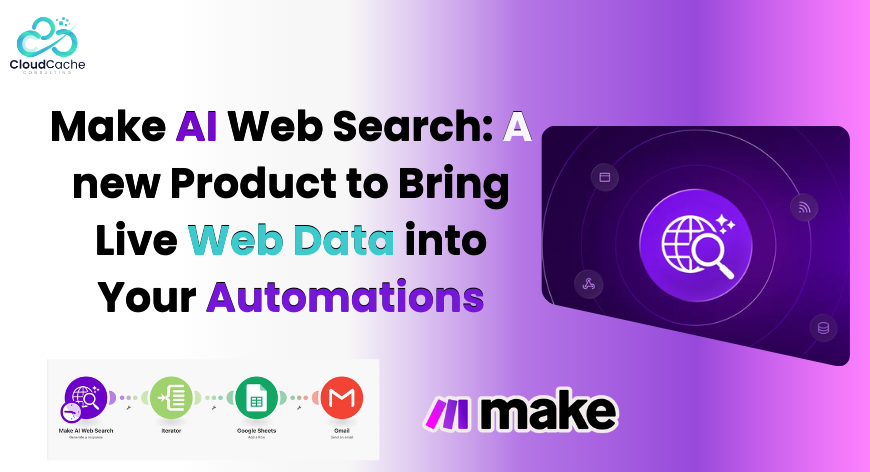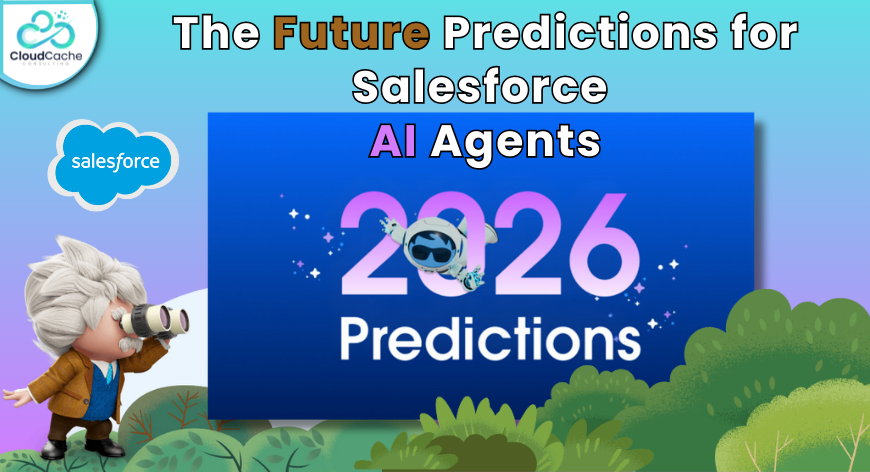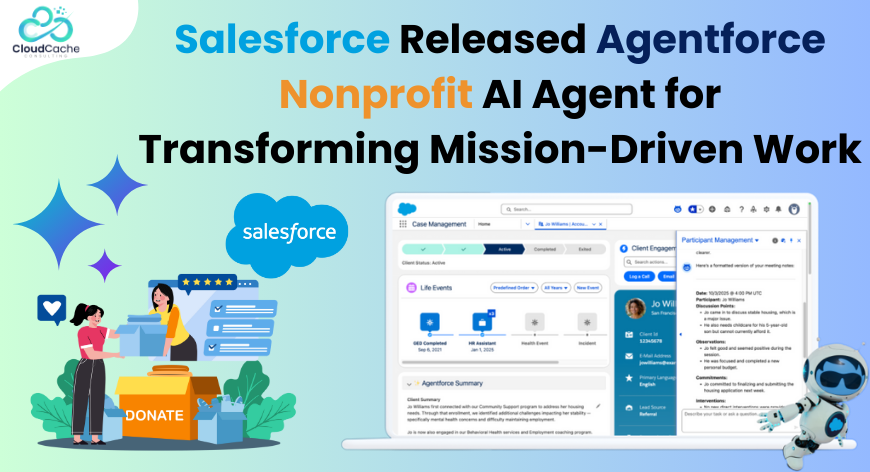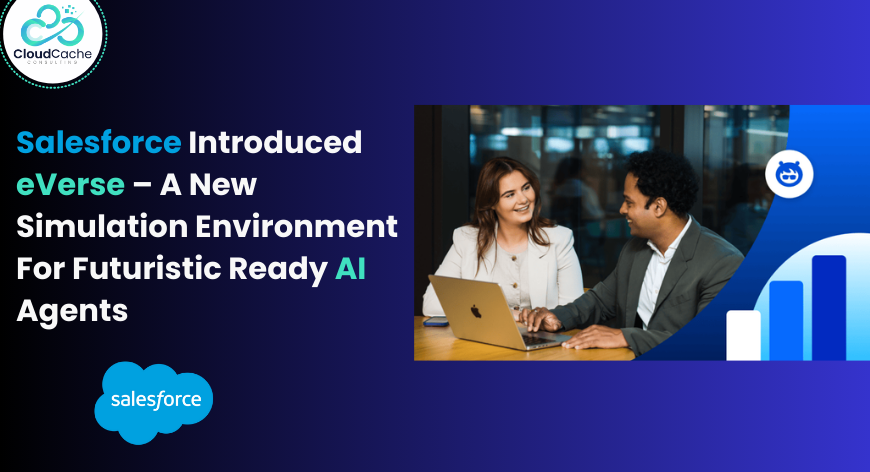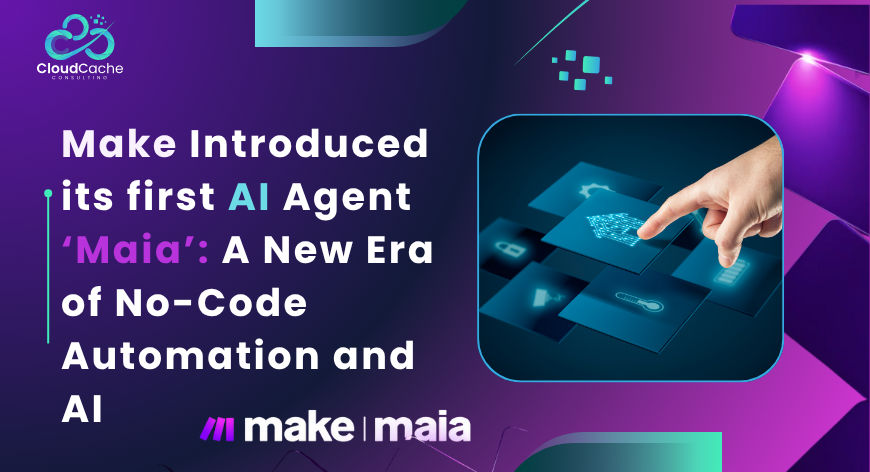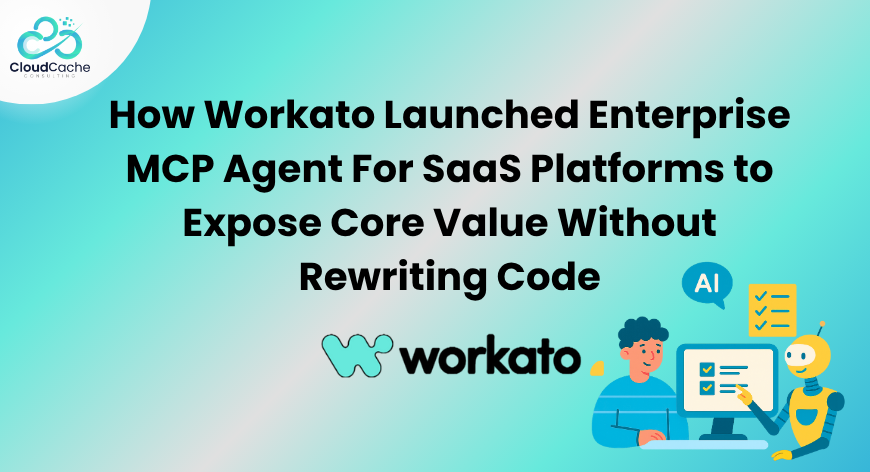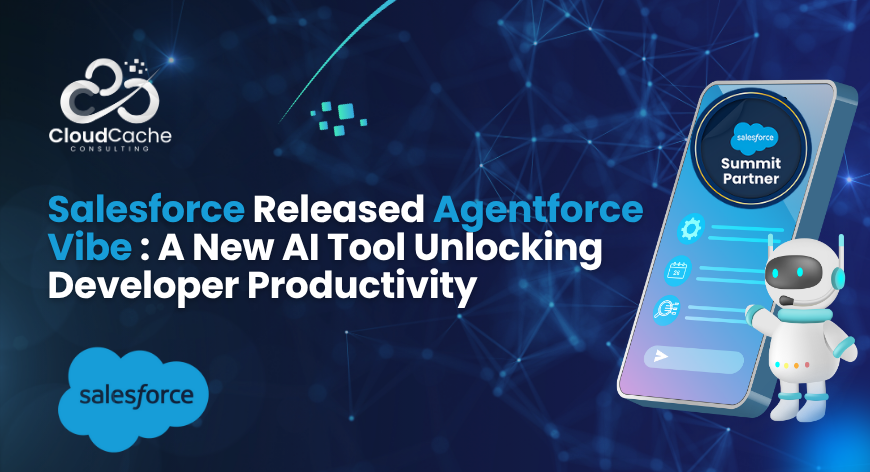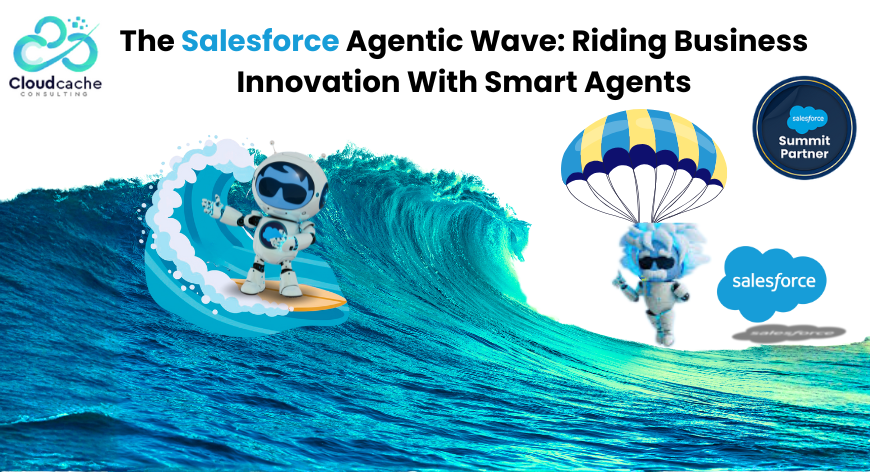
How AI and Data Cloud Are Driving Customer Success at Salesforce
Salesforce unveiled new data and AI solutions in its latest innovations for Consumer Goods Cloud and Data Cloud integrations that unify customer data for enterprise AI use. This edition of The Salesforce Scoop explores how customers use data to drive success and AI to boost productivity.
Importance of Data Cloud for Salesforce and Customer AI Transformations
Salesforce simplifies the business process by integrating the data cloud and bringing all your data together. Whether from multiple clouds or Salesforce organizations, Data Cloud unifies and harmonizes data in one accessible space.This integration makes it easier to engage with customers using comprehensive data.
Using only transactional CRM data would provide a limited view. Centralized data from all sources, including Salesforce systems, is provided by Data Cloud. Currently, 75% of the data in Data Cloud comes from outside Salesforce. This comprises telemetry data, website data, and unstructured and structured data. Connectors enable secure, compliant data integration from external platforms like Snowflake, Google, AWS, and Databricks, without needing complex data extraction or transformation processes.
Data Cloud simplifies the integration of diverse data into Salesforce, creating a comprehensive "golden record" of customer information, orders, cases, vehicles, or other entities. Real-time data processing is crucial for logistics tracking, fraud detection, patient information management, and customer engagement. For instance, marketing segments can be dynamically updated based on customer interactions on a website.
Data Cloud is foundational to CRM and AI transformations for Salesforce customers. It's the fastest-growing product in Salesforce's history, processing 30 trillion monthly transactions and unifying 100 billion records daily.
Salesforce Einstein 1 Platform and Data Cloud Relationship
Data Cloud is deeply integrated into the Salesforce Einstein 1 Platform, serving as a foundation for all Salesforce apps. Data in the Data Cloud is accessible through platform metadata, allowing seamless use across the Sales Cloud, Service Cloud, and industry clouds. At Dreamforce 2023, Salesforce announced that Marketing Cloud and Commerce Cloud are now native to the Einstein 1 Platform.
Using low-code or no-code tools enables customers to enhance business applications with AI, automation, and analytics . Tableau also connects natively to Data Cloud, enabling instant data analysis and AI-powered insights in the workflow.
With Data Cloud, a real-time, consolidated view of customers or entities can be created, and relevant data can be sent to the AI model with a single click. There’s no need for manual SQL queries or data joins.
Salesforce is shifting from building apps to building prompts and copilots that interact with data and take actions on behalf of users. Users won't need to learn new tools; they can continue using familiar Salesforce tools.
Data Cloud Security and Privacy with Einstein Copilot
Data Cloud ensures data access is restricted to authorized entities, maintaining robust privacy, security, and data controls. This is crucial for large language models (LLMs) that power generative AI. While LLMs excel in handling public data, they are less suited for proprietary or frequently changing data. Training models on new data is costly and not typically done in real time.
Security and privacy concerns are paramount, especially since not all data should be exposed to everyone within a company or the public. Once data is incorporated into an LLM, it cannot be deleted. Salesforce addresses these concerns with a comprehensive sharing and security model preserved during AI model engagement.
The Einstein Trust Layer, built into the Einstein 1 Platform, secures data interactions. Data used in Einstein Copilot or prompt templates is securely retrieved from Data Cloud, with sensitive information masked before being sent to the AI model via a Secure Gateway.
Generated output undergoes checks for bias and toxicity, and an audit trail is maintained, ensuring transparency in content generation.
Future of Data Cloud
Data Cloud will simplify the indexing and retrieval of these data types, enhancing semantic search capabilities without additional customization.
Salesforce aims to make Data Cloud accessible to all customers, recognizing its foundational role in future enterprise applications. To this end, Sales Cloud and Service Cloud customers with Unlimited Edition or Enterprise Edition can access a free Data Cloud Starter, unifying 10,000 customer profiles and insights with two Tableau Creator licenses.
Conclusion
Data Cloud revolutionizes how Salesforce customers utilize AI and data, providing a robust foundation for CRM and AI-driven success. Its integration into the Einstein 1 Platform enhances innovation, security, and usability, making it a vital tool for future enterprise applications.
Stay Connected with CloudCache Consulting for more updates.
